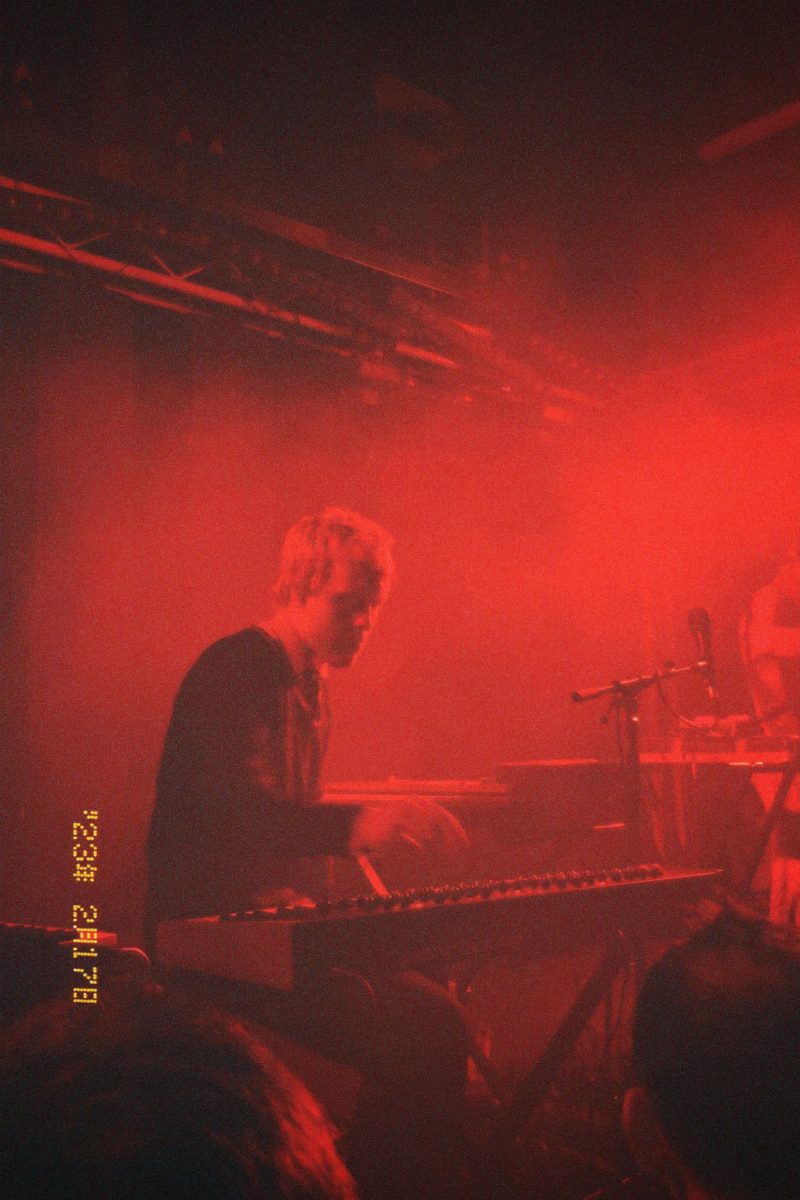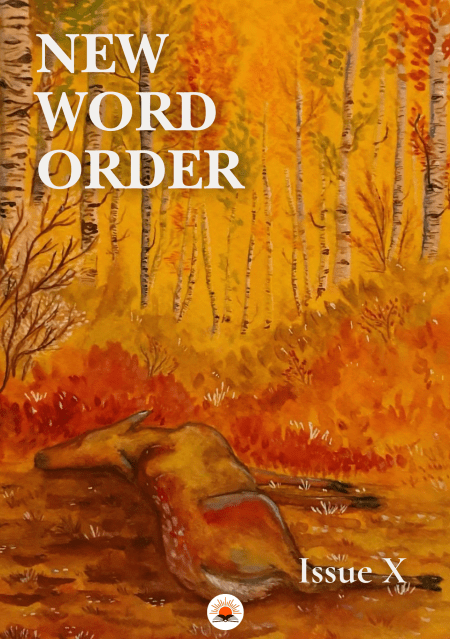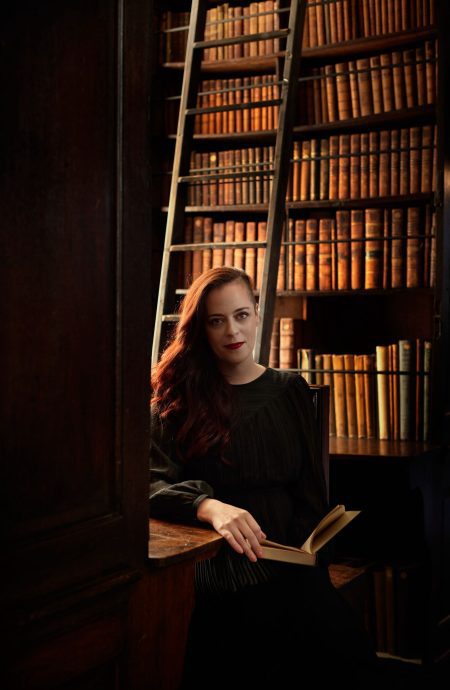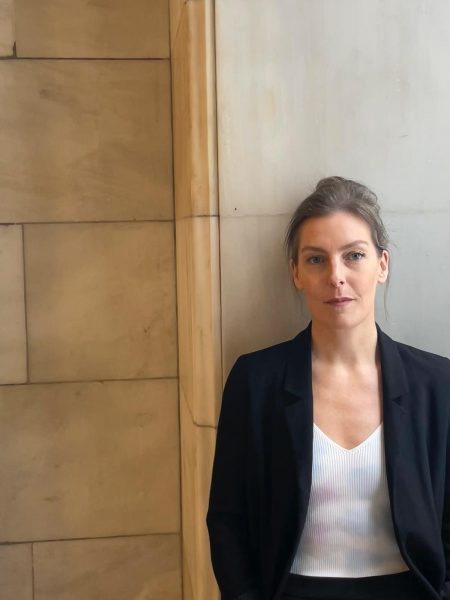By Dylan Sinott
Photo “Angst” By Irish Mae Llavore
Again, I found myself standing on the bridge. Who “I” am is not important, for I am of little consequence. I stood and watched the steady flow below. It was raining, and I could feel the chill as it soaked through the shoulders of my jacket. Around me, there was not a soul. Midnight had come and gone, leaving my only companions as the howling of wind and drum of rain around me.
Nothing new there, I thought. I had a few friends, though while we’d laughed and even cried together, we never spoke anything other than superficially. We spoke but never talked. Strange, how amidst people who outwardly seemed to be fond of me, I would feel so alone.
My teeth chattered, though not from bitter cold but bitter thoughts. I reached up and wiped a tear that threatened to drip down my face. Instead of heading home, to a full belly and a warm bed, I stood silently sobbing in the rain. For above that bed of mine hung a mirror. And when I climbed into that bed, it would stare at me, and reveal the root of all my issues, the cause of every concern, the thing I hated the most of anything in the world. I was not yet prepared to look that in the eye tonight.
I rapped my knuckles on the stone, whistling the tune of some song I don’t remember. Thinking. If only our brains had an off switch, a big red button labeled ‘pull this in case of thoughts’. I would’ve pulled it in a heartbeat.
There is an off switch, I thought to myself, staring at the swirling depths below. My mind spoke to me, and I listened to its words with tears dampening my cheeks, Everything will stop. It will all cease. It will all go away, and you will be left at peace. No more. It’s not like anyone will miss you. Your friends would replace you handily enough, it’s, and it’s not as if you hold the group together. They’ll find someone. Someone who is interesting, a conversationalist whose words they will listen to instead of merely discarding like the trash they are. Your family will save thousands—tens of thousands—on university fees, food, rent, and all those little things that add up to form the abhorrently expensive package that is raising such a failure. Best of all, you’ll never burden anyone again. Life will simply move on and be better off without you.
“A burden no longer,” I whispered. I took a deep breath and placed both of my hands on the bridge’s handrail. “No more—”
From the road behind me came a horn, shattering the silence. I spun to see a red hatchback coming onto the bridge. I ran, hurrying away from that ledge. I ran down side streets, alleys, and over roadways until I came to a door. It was not my door. I knocked, and, despite the late hour, heard movement from inside. The door swung open. “Hey,” said a nondescript man in his late teens or early twenties. He had a mop of sandy hair and a pair of square glasses that sat on the bridge of his nose. “What’s up?”
Without a word, I wrapped my arms around him and burst into tears. Though he seemed shocked, he quickly embraced me too. “What’s up?” he repeated, concern in his eyes.
“We need to talk.”
The door clicked shut behind us as we left the night behind.
Dylan Sinott
Dylan Sinott is eighteen years old and studies Science at the University of Galway. He has been writing on and off since he was young, though only in the last two years in a serious fashion. He has written two novels, both of which are unpublished, and has a short story set to be published as part of the University of Galway writers society’s yearly publication later this year.



